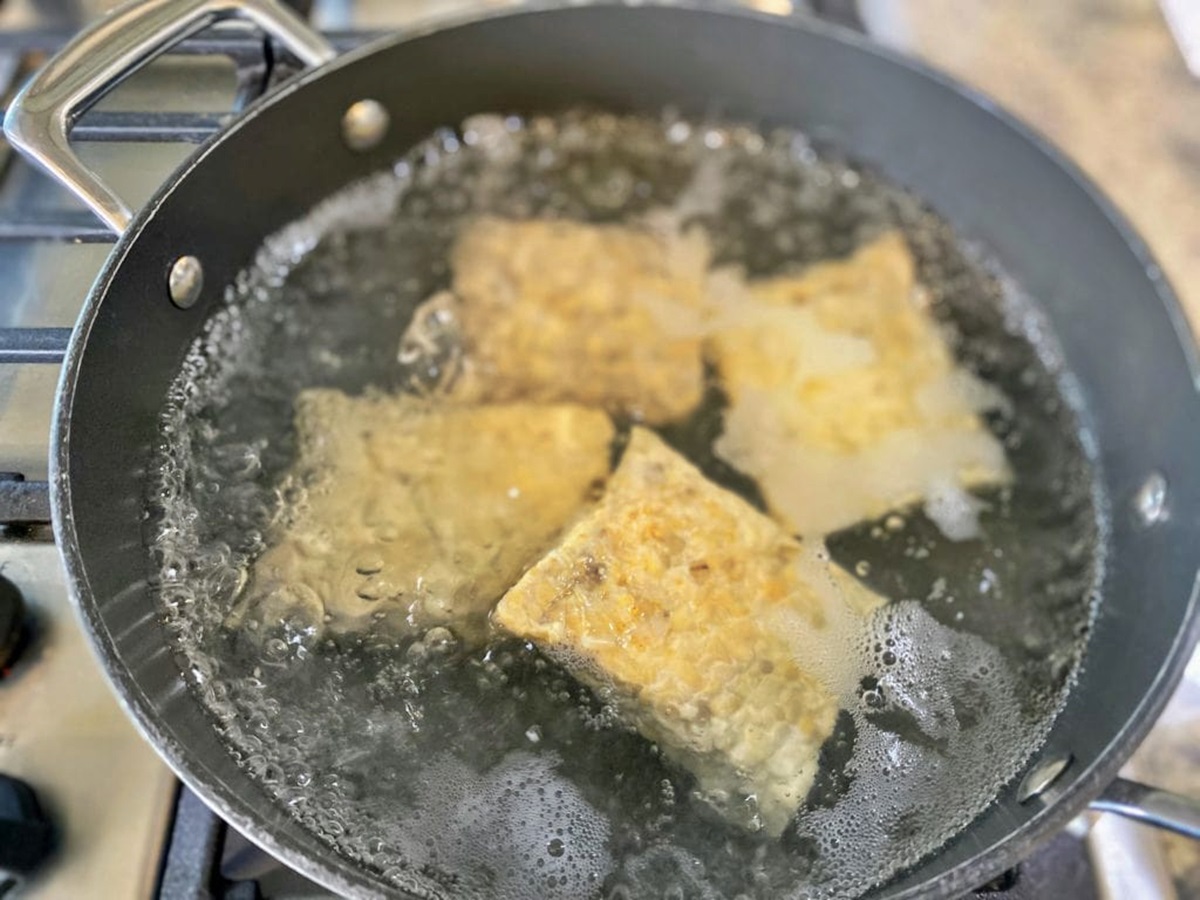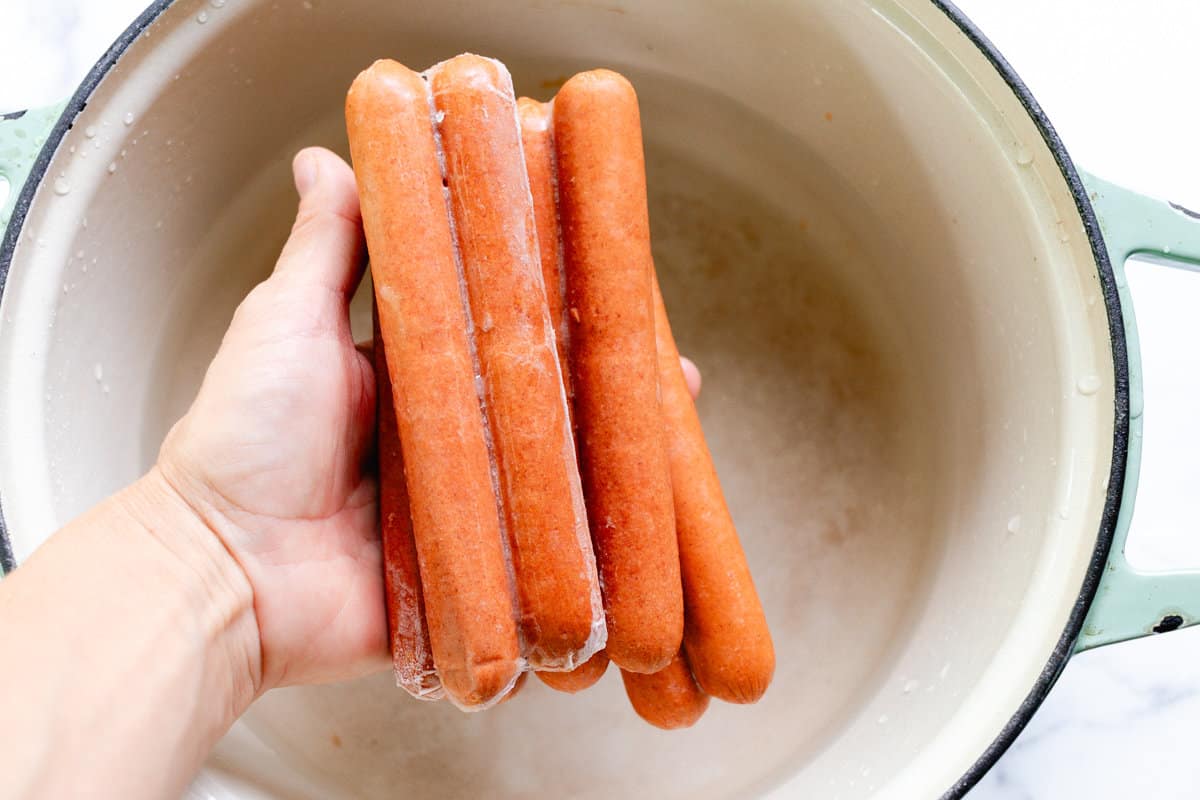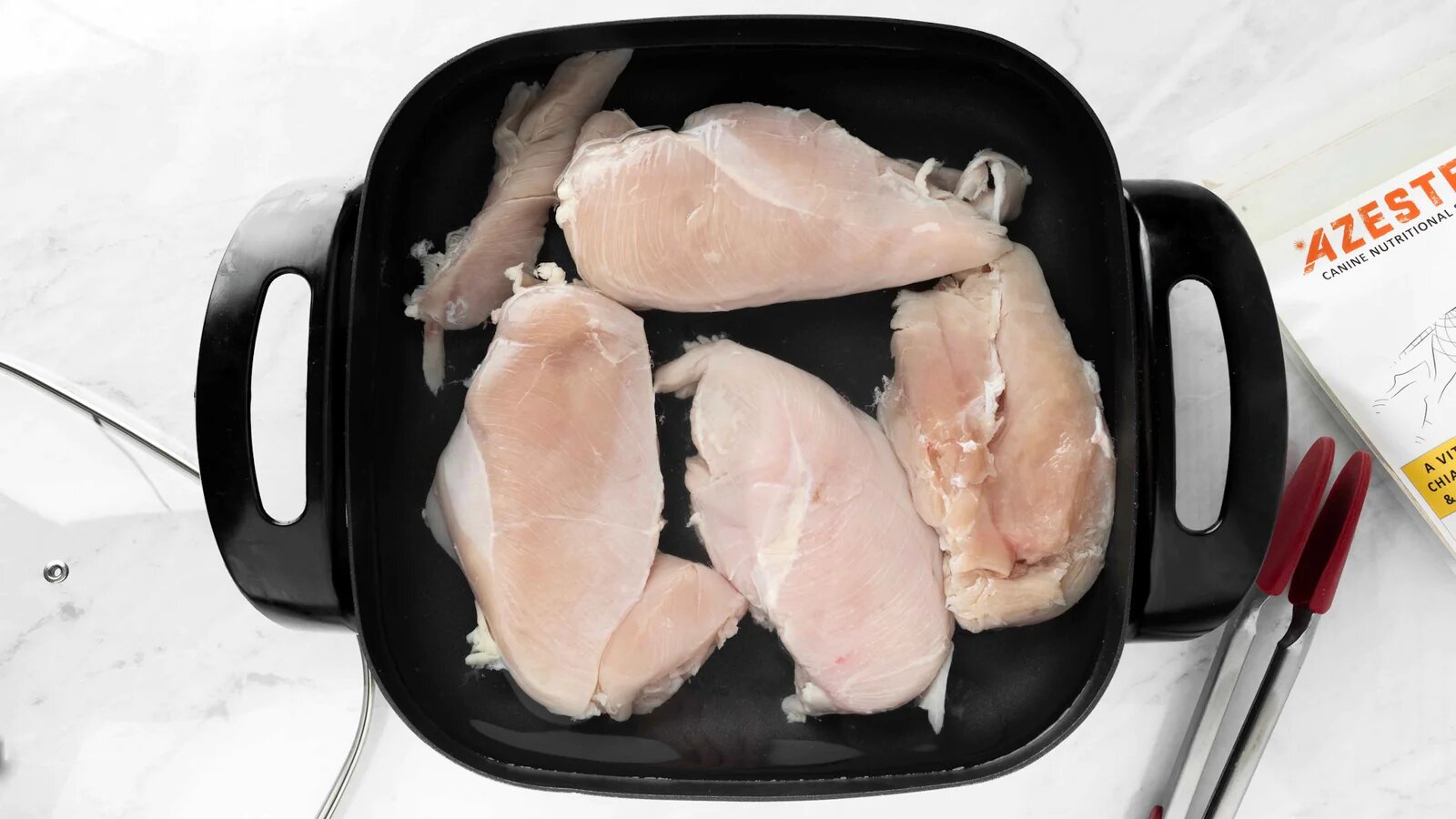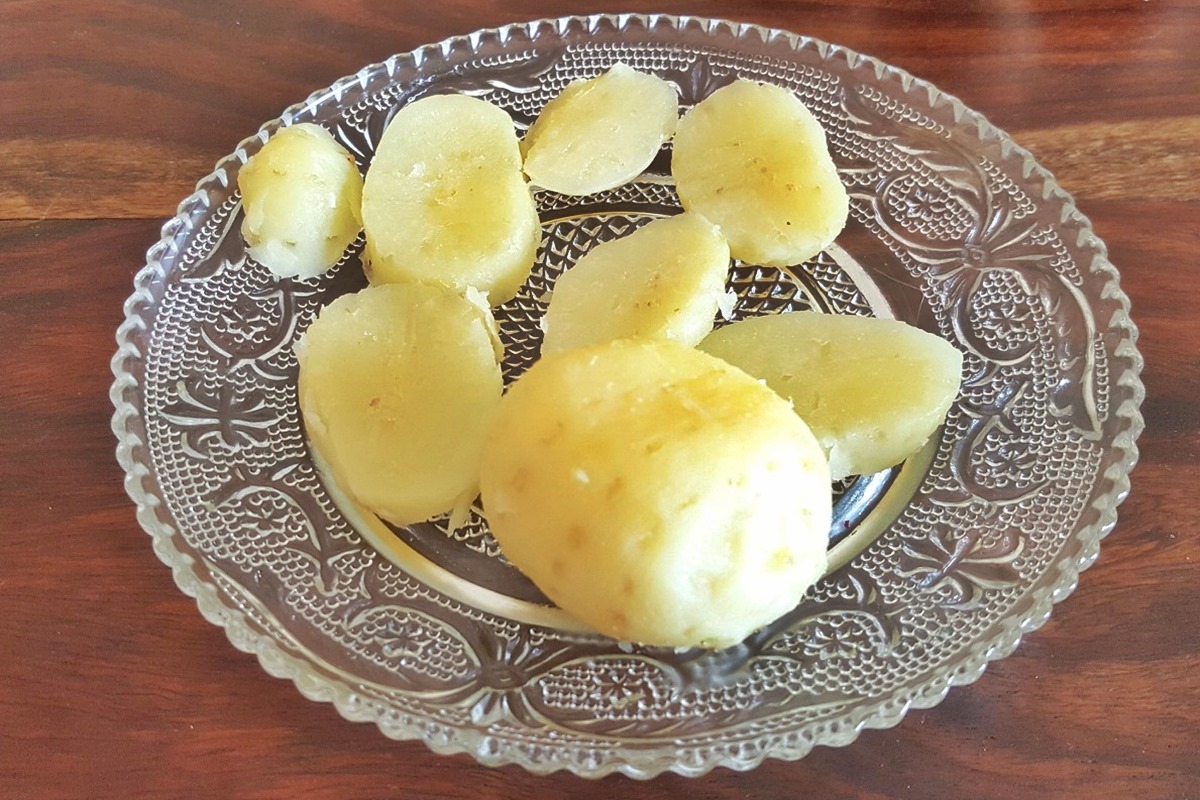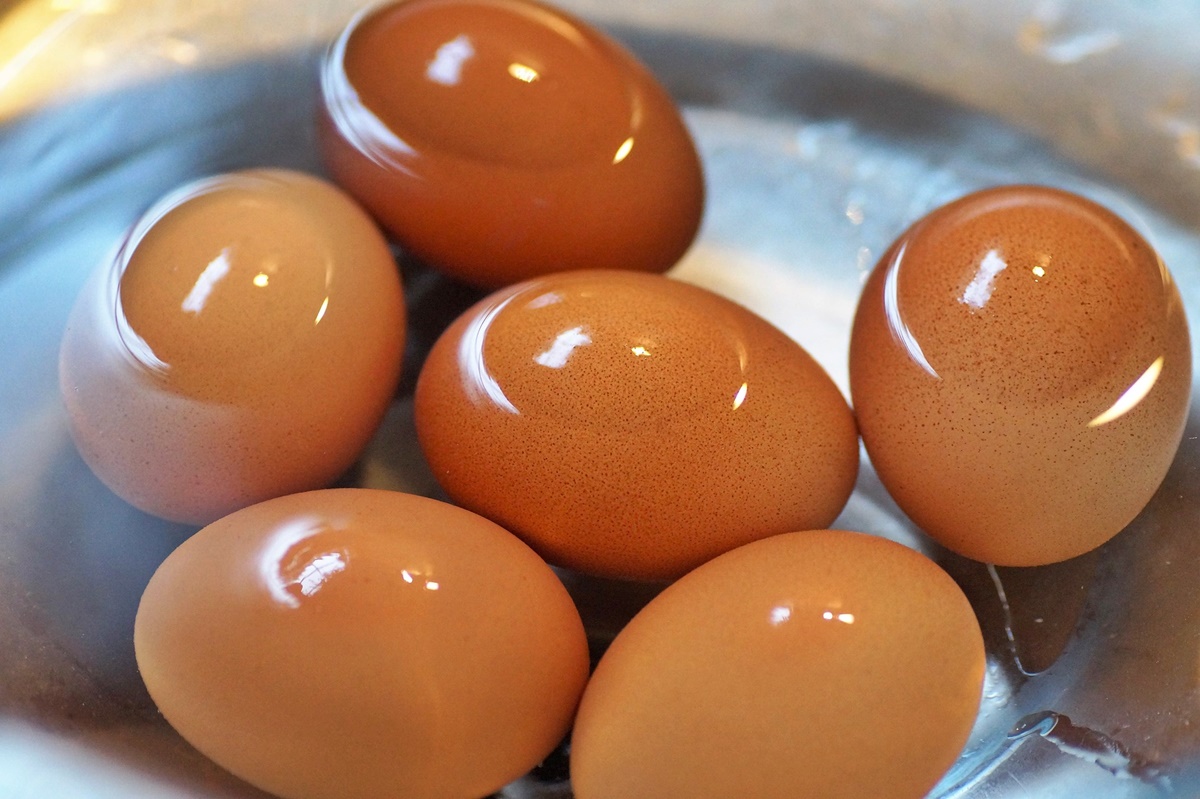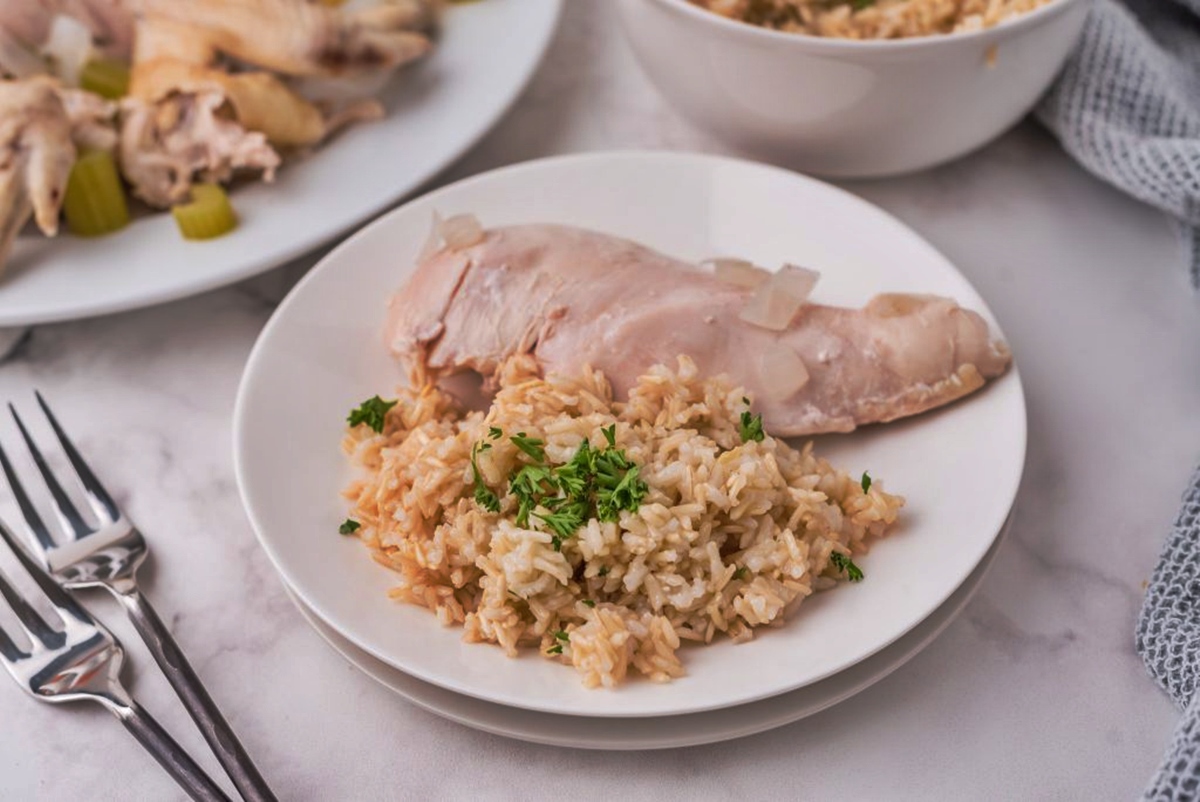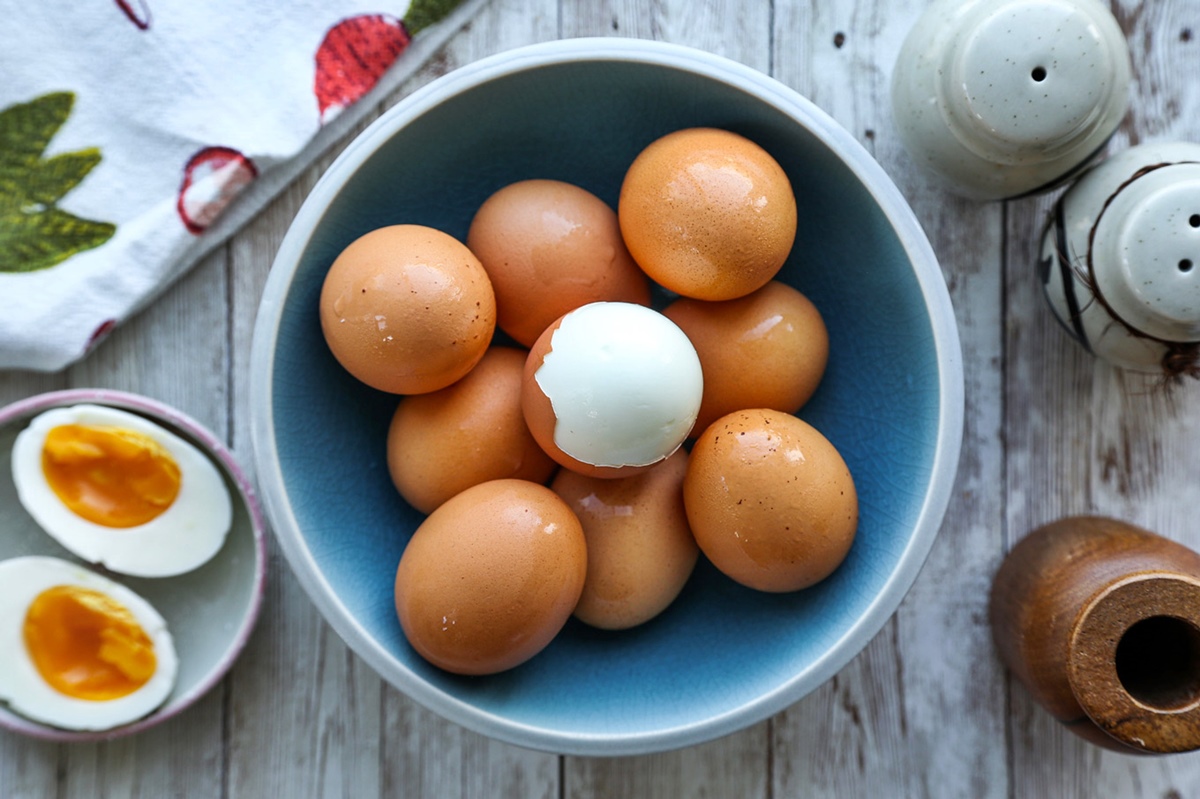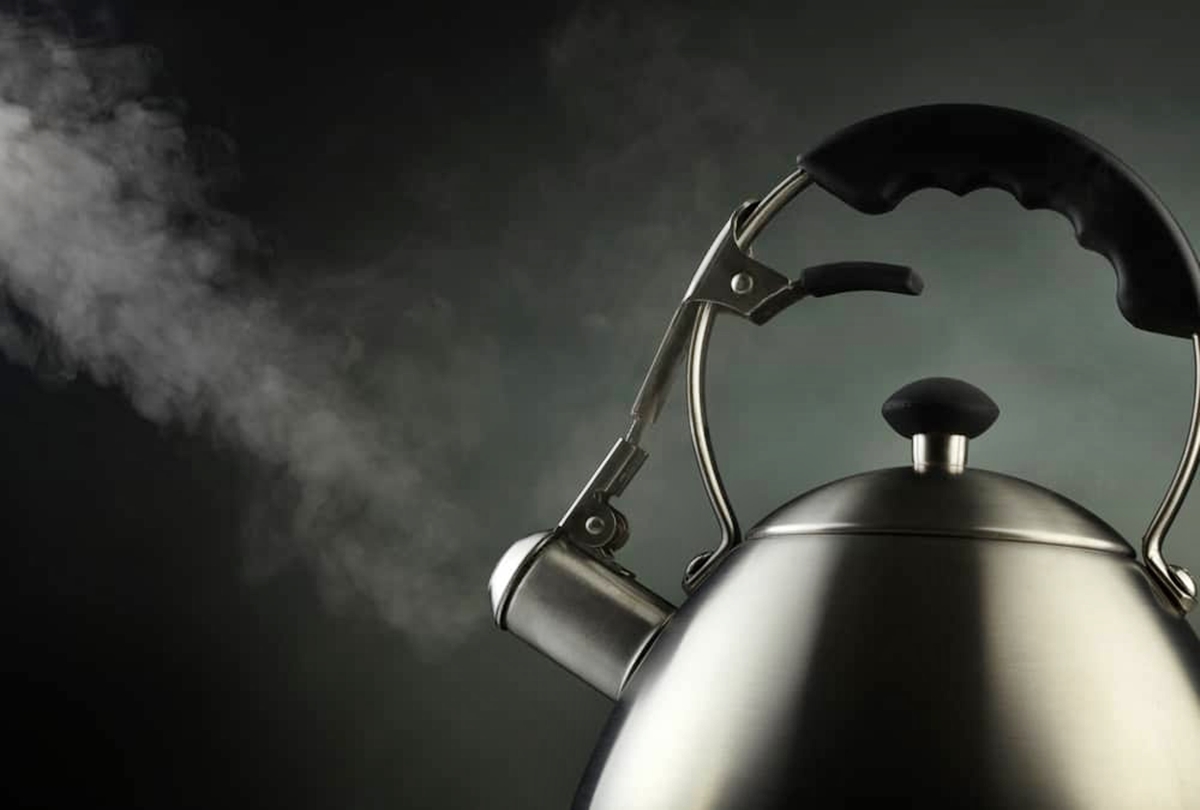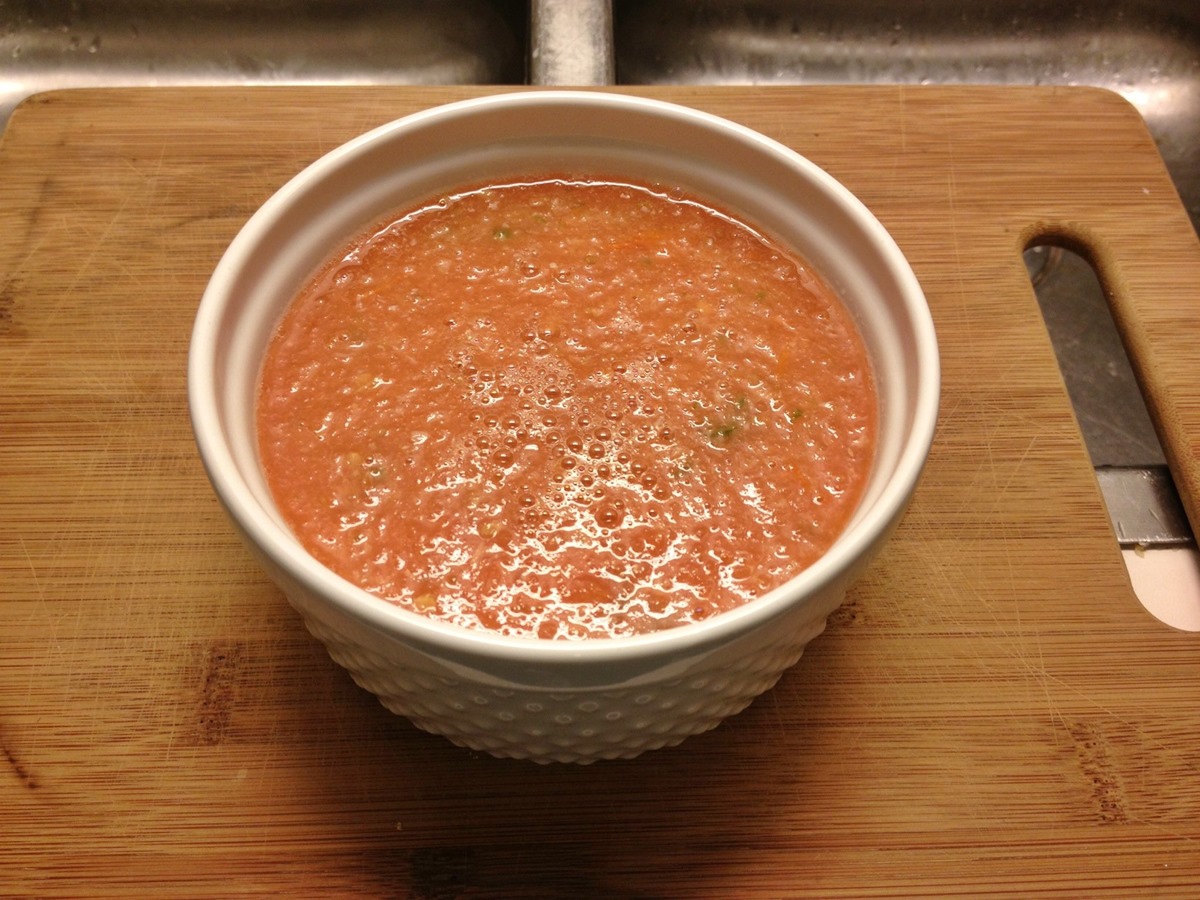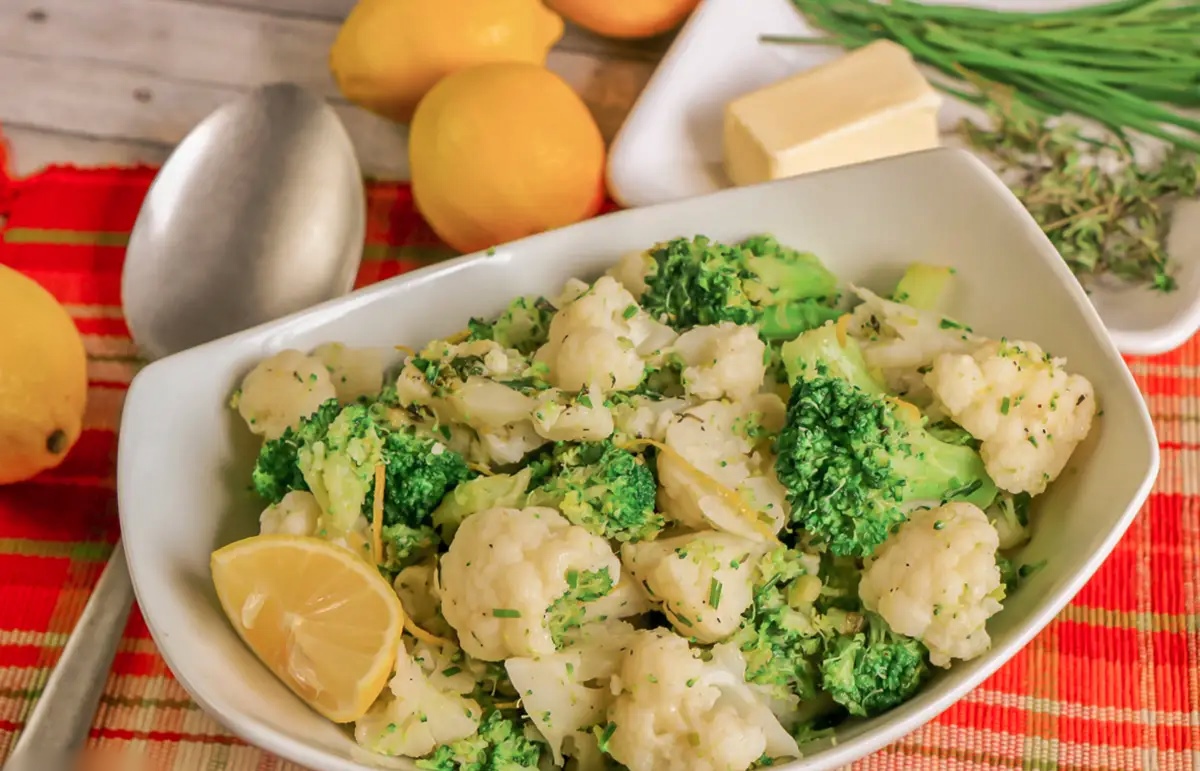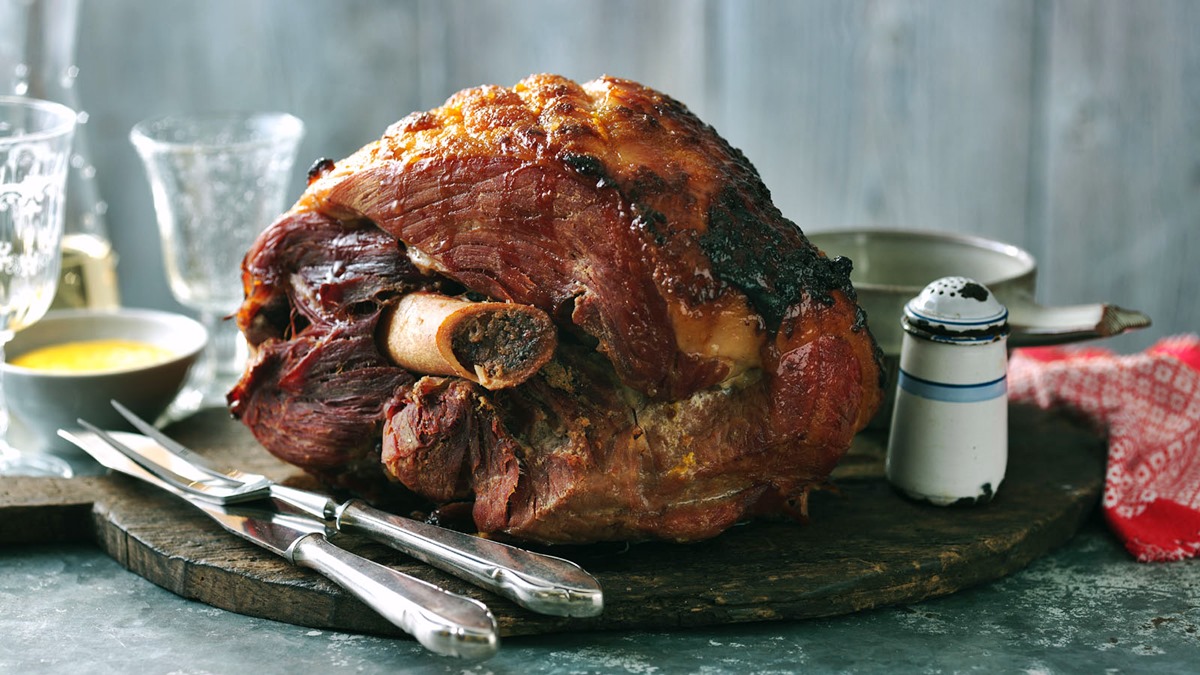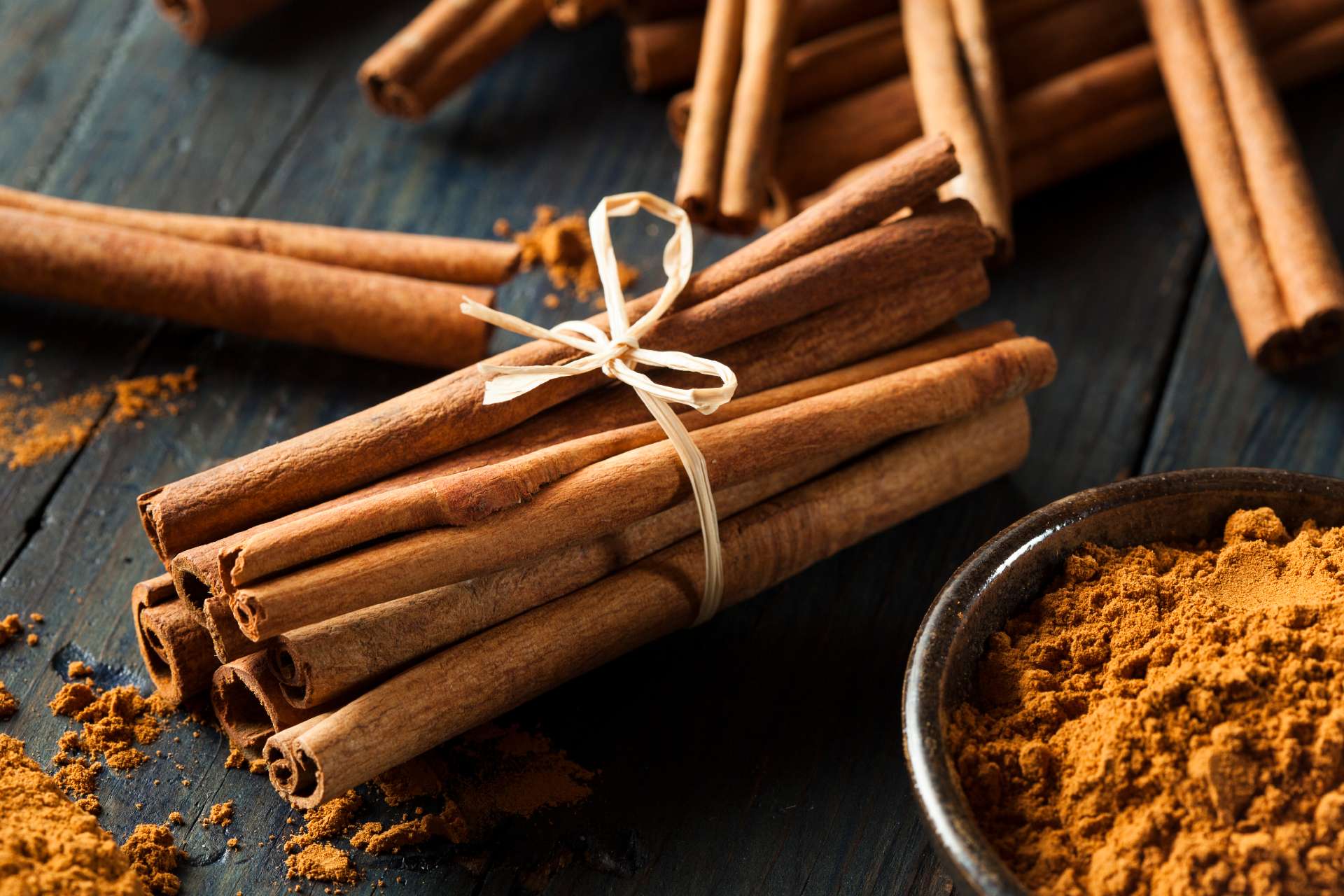Boiling a duck egg might seem like a simple task, but there's an art to getting it just right. Unlike their chicken counterparts, duck eggs have a richer flavor and a slightly different texture, making them a favorite among culinary enthusiasts. Whether you prefer your eggs soft, medium, or hard-boiled, mastering the technique ensures a perfect result every time. This guide will walk you through the steps, from selecting the right eggs to finding the ideal boiling time. With a little patience and practice, you'll elevate your breakfast game and impress even the most discerning palates. Ready to learn? Let's get cracking!
Gather Your Ingredients
- Fresh duck eggs
- Water
- Salt (optional)
- Ice (for ice bath, optional)
Essential Tools for the Perfect Boiled Duck Egg
- Saucepan
- Timer
- Slotted spoon
- Bowl for ice water bath
- Egg pricker or small pin (optional)
- Kitchen towel or paper towels
Boiling duck eggs requires precision. Start with cold water, then simmer for 9 minutes for soft yolks. Cool in ice water immediately after for easy peeling. Perfect timing ensures a delicious result.
The Art of Boiling a Duck Egg
Boiling a duck egg is an art that requires precision. Unlike chicken eggs, these have a richer flavor and a slightly larger size, making timing crucial for achieving the perfect texture. Whether aiming for soft, medium, or hard-boiled, understanding the process enhances culinary skills and broadens recipe options.
Mastering the boiling of duck eggs not only elevates breakfast dishes but also enriches baking. The high fat content in the yolk adds moisture and depth to cakes and pastries. Learning this technique offers a gateway to exploring sophisticated flavors and textures in cooking, showcasing versatility in the kitchen.
Your Step-by-Step Guide
Boiling a Duck Egg: Step by Step Guide
-
Preparation
- Start by selecting fresh duck eggs for boiling. Freshness ensures a better taste and easier peeling after boiling.
- Bring eggs to room temperature before boiling to prevent cracking due to sudden temperature changes.
-
Water Preparation
- Fill a saucepan with enough water to cover the eggs completely. Cold water helps in cooking the eggs more evenly.
-
Adding the Eggs
- Carefully lower the eggs into the water using a spoon to avoid cracking. For multiple eggs, ensure they are not crowded in the pan.
-
Boiling Process
- Turn on the heat and slowly bring the water to a gentle boil. A fierce boil can cause the eggs to bump against each other and crack.
- Once boiling, reduce the heat to a simmer. For a soft-boiled egg, simmer for about 7 minutes. For medium-boiled, aim for 9 minutes, and for hard-boiled, 12 minutes is ideal.
-
Cooling the Eggs
- After boiling, immediately transfer the eggs to a bowl of ice water. This stops the cooking process and makes peeling easier.
-
Peeling
- Once cooled, gently crack the eggshell by tapping it on a hard surface. Roll the egg between your hands to loosen the shell, then peel it off under running water to help remove any small bits of shell.
-
Serving
- Serve the boiled duck eggs as desired. They can be eaten alone, sliced into salads, or used in various dishes.
Tips for Success
- Age of Eggs: Slightly older eggs peel more easily than very fresh ones.
- Peeling Under Water: Peeling eggs under a stream of water or in a bowl of water can help remove the shell more cleanly.
- Storage: Boiled duck eggs can be stored in the refrigerator for up to a week. Keep them in their shells until ready to use for maximum freshness.
Note: Duck eggs are larger and have a richer flavor compared to chicken eggs, making them a unique and nutritious addition to your diet. Adjust cooking times slightly if you're used to boiling chicken eggs, as the larger size of duck eggs affects cooking time.
Mastering Duck Egg Boiling
Boiling duck eggs is simpler than you might think. With the right timing and a bit of patience, you can achieve perfectly boiled duck eggs every time. Remember, start with cold water to ensure even cooking and prevent cracking. For soft-boiled eggs, aim for about 7 minutes, and for hard-boiled, extend the cooking time to 9-12 minutes. Don't forget the ice bath post-boiling; it's crucial for halting the cooking process and making peeling easier. Whether you're a seasoned chef or a kitchen newbie, mastering the art of boiling duck eggs can add a delightful twist to your culinary repertoire. Give it a try, and you might just find your new favorite breakfast ingredient or salad topping. Happy cooking!
Boiling a duck egg can open up a world of delicious recipes for the home cook. Why not start with Duck Egg and Chorizo Hash for a hearty breakfast option? For those who love salads, Duck Egg Niçoise Salad offers a refreshing twist on a classic. If you're in the mood for something indulgent, try your hand at Deviled Duck Eggs with Herb Mayonnaise. For brunch lovers, Duck Egg Benedict on English Muffins is a must-try. Lastly, for a comforting dinner, the Duck Egg and Mushroom Risotto is a perfect choice. Each of these recipes showcases the versatility and richness of duck eggs, making them well worth the effort.
All Your Questions Answered
How long does it take to boil a duck egg?
Cooking times can vary, but as a general rule, for soft-boiled eggs, aim for about 6 to 7 minutes. If you prefer them hard-boiled, 9 to 12 minutes should do the trick. Remember, size and starting temperature (room temp vs. cold) can affect the timing.
What's the best way to start boiling a duck egg?
Always start with cold water. Gently place your eggs in a pot and cover them with cold water. This gradual heat-up helps prevent the shells from cracking and ensures even cooking.
Should I add anything to the water when boiling a duck egg?
A pinch of salt or a splash of vinegar can be helpful. Both can make peeling easier, especially if an egg cracks during cooking. The vinegar helps the whites coagulate faster, sealing any cracks.
How can I tell if a duck egg is done boiling?
Use the spin test. Gently spin the egg on a countertop. If it spins smoothly, it's done. If it wobbles, the insides are still liquid, and it needs more time. Another method is to cool the egg slightly and then peel a small part of the shell. If the white is firm, it's likely done.
What's the best way to peel a boiled duck egg?
First, cool the eggs down in ice water right after boiling. This stops the cooking process and creates a small gap between the egg and its shell. Crack the wider end of the egg lightly and start peeling from there. Running the egg under cold water while peeling can also help remove the shell more easily.
Can I boil a duck egg straight from the fridge?
Yes, but let them sit at room temperature for a few minutes before boiling. This reduces the chance of cracking. If you're in a rush, you can also start with warm (not hot) water to gradually increase their temperature.
How do I store boiled duck eggs?
Keep them in the fridge, either in their shells or peeled. If peeled, place them in a bowl of cold water or wrap them tightly in plastic wrap. They'll stay fresh for up to a week.
Was this page helpful?
Read Next: How To Boil Turkey Necks In Crab Boil
